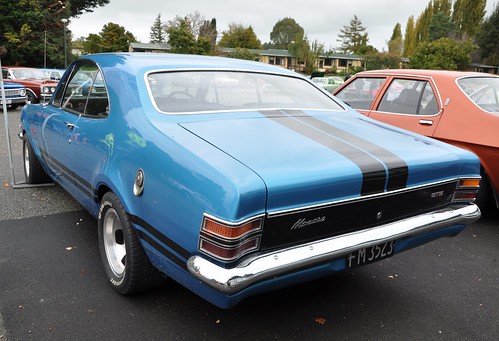
Contents
5 Things to Consider When Opening a Car Dealership
Opening a car dealership requires careful planning. Aspiring dealers must consider specific legal requirements to open a dealership in their state.
Other aspects to consider include the local market, whether to offer new and/or used cars, startup expenses, and developing a solid business plan. Account for all these areas if you want your business to succeed.
For the most important things to consider when opening a car dealership, read on!
1. Dealership location
The location impacts sales and profit. Some states are more profitable and provide a better business climate than others.
What makes a state good for opening a dealership? Factors like yearly sales, costs associated with opening the dealership, average payroll costs, and employee salaries in the area.
However, opening a dealership in profitable states has downsides. Despite high demand, business conditions may not be optimal due to GDP growth, payroll expenses, and crime rate. Competition is also high.
Consider the type of dealership you want. The National Automobile Dealers Association’s (NADA) reports can offer information.
2. Type of dealership
Decide what kind of dealership you want: new, used, electric, luxury, or foreign vehicles. Local tastes play a role in success.
Consider including a service department for maintenance and repair work. Dealership service and parts sales have doubled in the last eight years, resulting in $114.15 billion in sales for new-vehicle dealerships.
Your choice determines the course of your business. New dealership requires more financing, while used dealership yields fewer profits.
3. Business and financial plan
Your plans depend on your dealership choices. Develop a sound business plan reflecting:
- A strategy for running the business
- A vision for your dealership
- A business structure
- The product range you will offer
- A market and SWOT analysis
- Marketing strategies
- Hiring employees and more
If you’ve never developed a business plan before, consult specialists or look at sample business plans. Different types of business plans serve different purposes.
For a financial plan, consult specialists or create a plan for bank loans, investment, or internal strategy.
4. Licensing requirements
To open a dealership, obtain a business license to sell vehicles. License requirements vary between states.
- Lease or own a property for your dealership
- Comply with location requirements
- Pass a background check or personal history questionnaire
- Obtain an Employee Identification Number (EIN) from the IRS
- Obtain a state tax number from your local tax department
- Provide copies of insurance and auto dealer surety bond agreement
- Provide a copy of a franchise agreement (if selling new cars)
- Pass a state-mandated dealer training course
- Pass an inspection of your dealership premises
- Complete and submit your dealer application form
- Pay all application, licensing, and dealer plate fees
5. Legal provisions and requirements
Comply with state and federal laws when selling vehicles. This includes dealer licensing laws, the Federal Trade Commission’s Used Car Rule, and state lemon laws if applicable.
Most states’ dealer licensing laws require a surety bond for compliance. Understand federal and state laws to avoid costly claims.
Under the Used Car Rule, create a Buyer’s Guide for every vehicle sold. Failure to do so can result in severe penalties.
Lemon laws apply to manufacturers of new defective vehicles, not dealers. Used car lemon laws may apply in certain states, along with warranty requirements for used car sales.
Hello!
I’m Andrew Brooks, a seasoned finance consultant from the USA and the mind behind phonenumber247.com.
My career is built on a foundation of helping individuals and businesses thrive financially in an ever-changing economic landscape. At phonenumber247.com, my aim is to demystify the complex world of finance, providing clear, actionable advice that can help you navigate your financial journey with confidence. Whether it’s personal finance management, investment strategies, or understanding the nuances of market dynamics, I’m here to share insights and tools that can propel you towards your financial goals.
Welcome to my digital space, where every piece of advice is a step closer to financial clarity and success!
